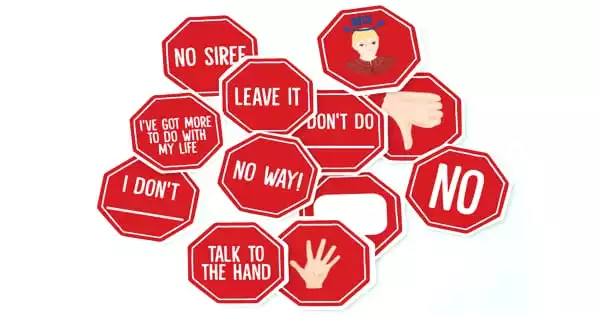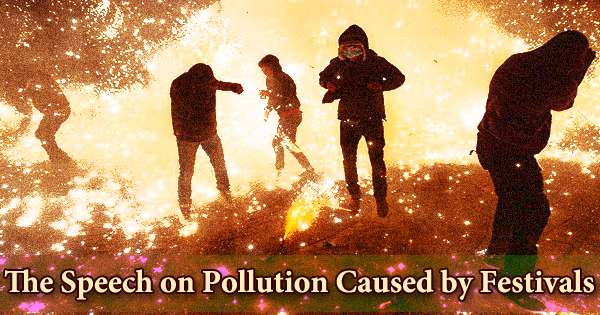A wise man once said, “Life’s challenges can either enrich or poison you.” You are the one who makes the decision.” In today’s societal context, challenges are unavoidable; they are as ubiquitous as the red lights we encounter on our way to school or the twists and turns we encounter when walking around the block. However, the twists and turns of life can have a variety of outcomes. They may act as catalysts for change, or they may act as a poignant poison, incapacitating us.
In today’s context, teenagers are defined as people between the ages of thirteen and twenty, regardless of gender, race, or religion. Youth is the most turbulent time in a person’s life; it is the time when teenagers learn more about themselves physically, mentally, and emotionally.
We must examine the words in this statement to answer this question. ‘Young people,’ as I understand it, are those in their teens and early twenties. Life’s challenges would be whatever life throws at a growing young person, whether physical, moral, mental, or emotional. The point is that he must struggle to meet a challenge when it comes his way. Except for a few who cannot cope mentally and emotionally, and who buckle under the strain, challenges will bring out admirable qualities in people, the young included.
A good example would be the first day of school. When a young child enters the brave, new world of primary schooling, he must learn to be brave, independent, adaptable, and resilient. Similarly, a young person entering high school or university, particularly those studying abroad, would need to summon all of his resilient qualities in order to cope on his own. He has to deal with loneliness while abroad. All of these requirements should hone desirable qualities in him.
The local press occasionally brings up cases of children who have lost their parents. The older children would have to look after their younger siblings. The role of a guardian is suddenly thrust on their young shoulders, making them mature beyond their years. They have to learn to do housework and provide emotional support for their young siblings.
A competitive education system places great strains on students. Demands are made on them to cope with a that competes in tests and assessments and performs in co-curricular activities so as to be assessed accordingly. Sometimes, the weak students cannot cope and end up as physical or mental wrecks in the rat race. However, the vast majority learn to cope with the system and adjust to it.
Students will learn that discipline, hard work, and a willingness to forego present pleasures for future gains are required for academic success. Perseverance, determination, and moral courage would all be required when competing in games or sports. Running a long distance race is an example. Students who go on canoeing or mountaineering expeditions will also learn to be brave and cope with pain and suffering.
When students become workers, the qualities they developed to meet the demands of their educational system will be required to deal with the rigors of working life. Students-turned-workers will be challenged to develop qualities such as honesty, efficiency, and on-the-job learning. Life will throw up challenges for young people, but it will bring up the best in them too.
















